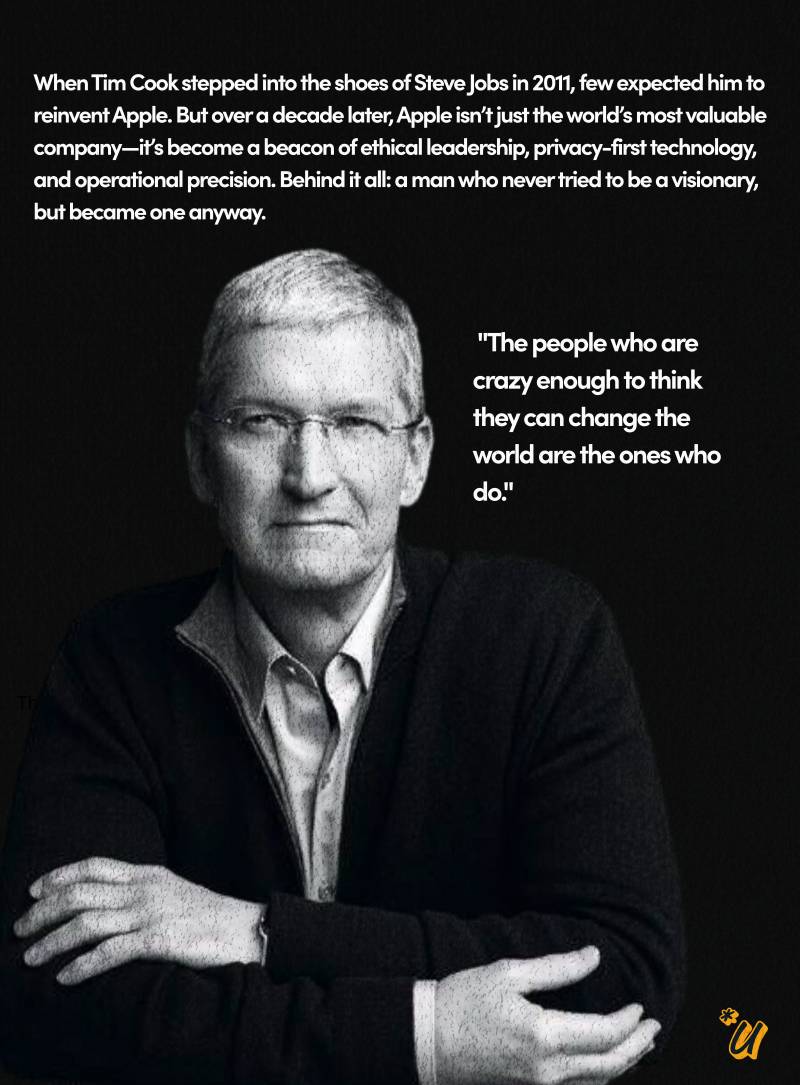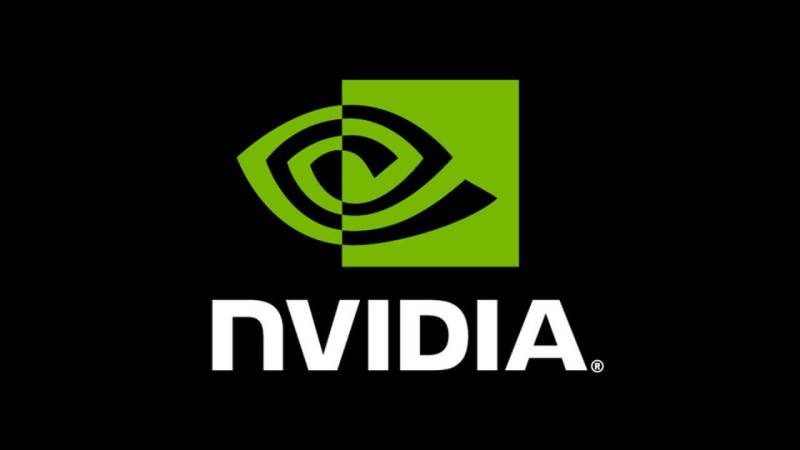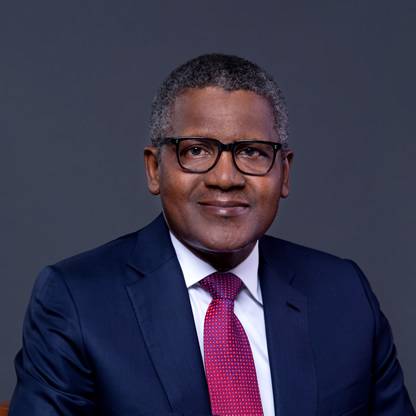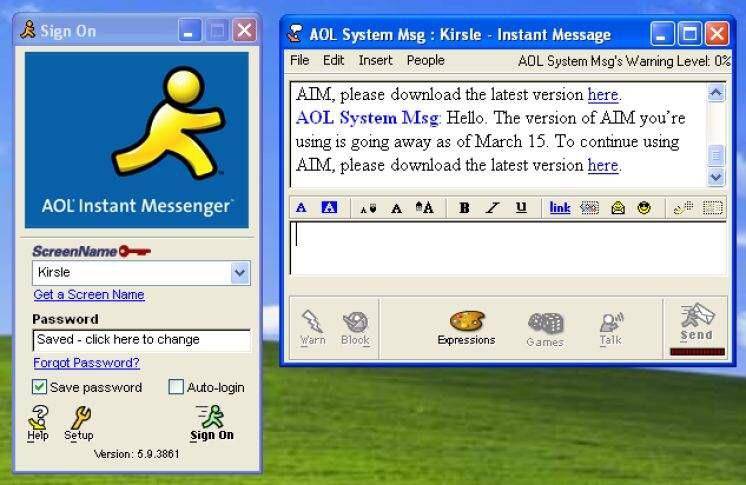In a world obsessed with loud innovation and larger-than-life CEOs, Tim Cook has always been a quiet force. When Steve Jobs, the mythic figure behind Apple’s resurgence, passed the baton to Cook in 2011, the world watched with cautious curiosity. Could the calm, meticulous operations executive carry the flame lit by one of the greatest visionaries of the modern era? Almost 14 years later, that question has evolved. Cook didn’t just carry the flame; he institutionalized it. And now, the world asks a different question: has that fire dimmed?
Tim Cook isn’t your typical tech titan. Where Jobs was known for intuition and flair, Cook is defined by discipline and efficiency. His background in supply chain management, which once seemed like an unusual trait for the leader of a company that thrives on design and creativity, became Apple’s greatest asset. Under Cook’s stewardship, Apple became a financial juggernaut, hitting milestones that most companies only dream of. The company’s valuation crossed $3 trillion. Services like Apple Music, iCloud, and Apple Pay expanded their reach far beyond hardware. The iPhone, still Apple’s crown jewel, became more profitable and globally dominant than ever before.

Related article - Uphorial Podcast

Tim Cook - The Precision Behind Apple’s Quiet Power

But great leadership isn’t just about numbers. And now, in the silence between product launches and the familiar updates of Apple’s ecosystem, murmurs have begun to swell. Some industry watchers argue that Apple has lost its edge. That the magic — that thing only Jobs could conjure- has faded under Cook’s practical reign. They point to the absence of revolutionary products, the predictability of launches, and the growing sense that Apple is coasting on past glory.
And maybe they’re right, in a way. Apple hasn’t reinvented a product category since the Apple Watch in 2015, and even that wasn’t quite the cultural earthquake the iPhone or iPad had been. Yet to reduce Cook’s legacy to a lack of disruption is to miss the man entirely. Tim Cook never promised fireworks. What he delivered instead was stability in an age of chaos, leadership that leaned into consistency while the tech world flirted with volatility. But even still, time doesn’t wait, not even for those who broke records. The world is different now. Artificial intelligence is at the center of every conversation. Competitors like Microsoft, Google, and even Nvidia are leaping ahead in the AI race. Meanwhile, Apple’s AI announcements have been cautious, almost reluctant, until the recent WWDC 2025, where “Apple Intelligence” was finally unveiled. It’s a start, but many believe it's late.
There’s a growing sense that the next chapter of Apple requires not just strategy, but soul. Something disruptive. Something intuitive. Something Jobsian, perhaps, or at least something un-Cook. Which is why some have begun to suggest that maybe, just maybe, it's time for Tim to take a bow. But here’s where it gets complicated. Cook isn’t clinging to power. In interviews, his tone is always reflective, his answers never defensive. He is acutely aware of his place in Apple’s narrative, not the artist, but the steward. Not the firestarter, but the one who kept it burning through storms. There’s elegance in that kind of leadership. And dignity in knowing when to pass it on.
So maybe the question isn’t whether Tim Cook should step down, but rather, what kind of Apple do we want next? Because Cook has given the company something invaluable: time. Time to reflect, time to plan, and time to ensure that the next leader doesn’t inherit chaos, but a canvas. His exit, whenever it comes, won’t be a collapse. It’ll be a curtain call, not of a performer, but of an architect who designed a stage so stable, even silence could thrive. In an era of noise, Tim Cook’s genius was in listening to markets, to engineers, to the future. And if this truly is the beginning of his end at Apple, then it deserves not just analysis, but gratitude. Because in every way that matters, he didn’t just lead Apple. He refined it.



